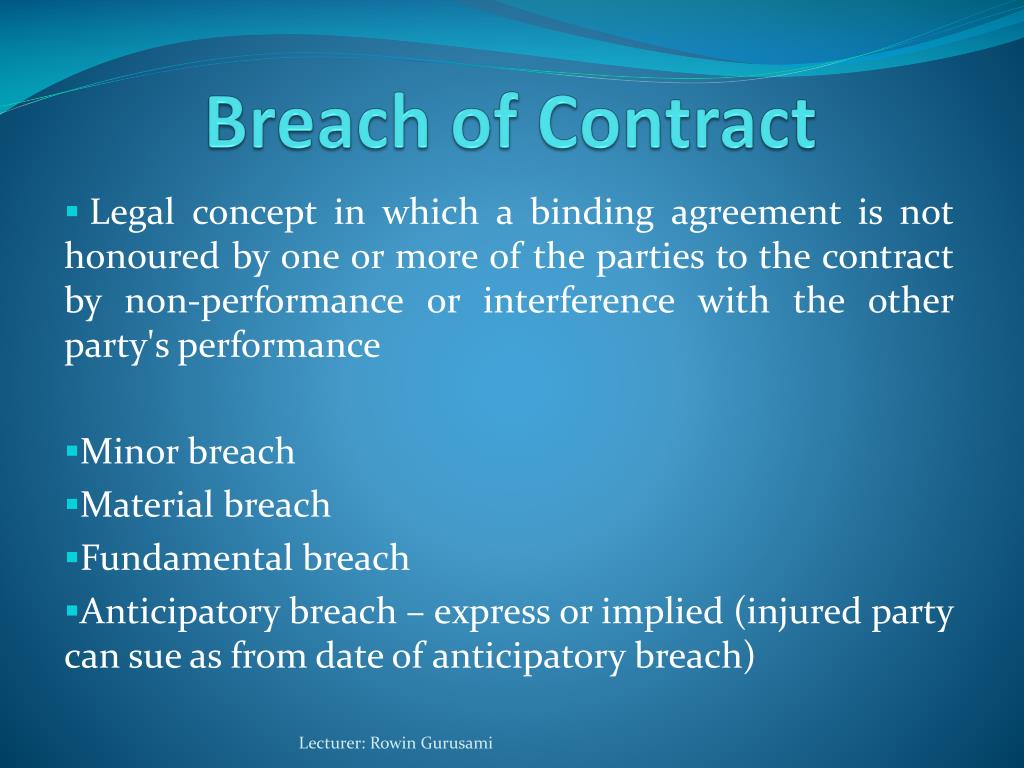

To breach something in this way is to violate it. The figurative sense of breach follows the same pattern. This is often applied to things that aren’t supposed to break, such as the hull of a ship or a thick wall, as in They’ve breached the castle gate! The resulting hole is called a breach. In a physical sense, to breach something is to break through it. It comes from the same roots as the word break, and all of its senses relate to breaking or breaking through something. Transgression, with its root sense of “a stepping across (of a boundary of some sort),” applies to any behavior that exceeds the limits imposed by a law, especially a moral law, a commandment, or an order it often implies sinful behavior: a serious transgression of social customs, of God's commandments.īreach has been in use since before 1000. Violation, a stronger term than either of the preceding two, often suggests intentional, even forceful or aggressive, refusal to obey the law or to respect the rights of others: repeated violations of parking regulations a human rights violation. Infraction most often refers to clearly formulated rules or laws: an infraction of the criminal code, of university regulations, of a labor contract. Breach is used infrequently in reference to laws or rules, more often in connection with desirable conditions or states of affairs: a breach of the peace, of good manners, of courtesy. Breach, infraction, violation, transgression all denote in some way the breaking of a rule or law or the upsetting of a normal and desired state.


 0 kommentar(er)
0 kommentar(er)
